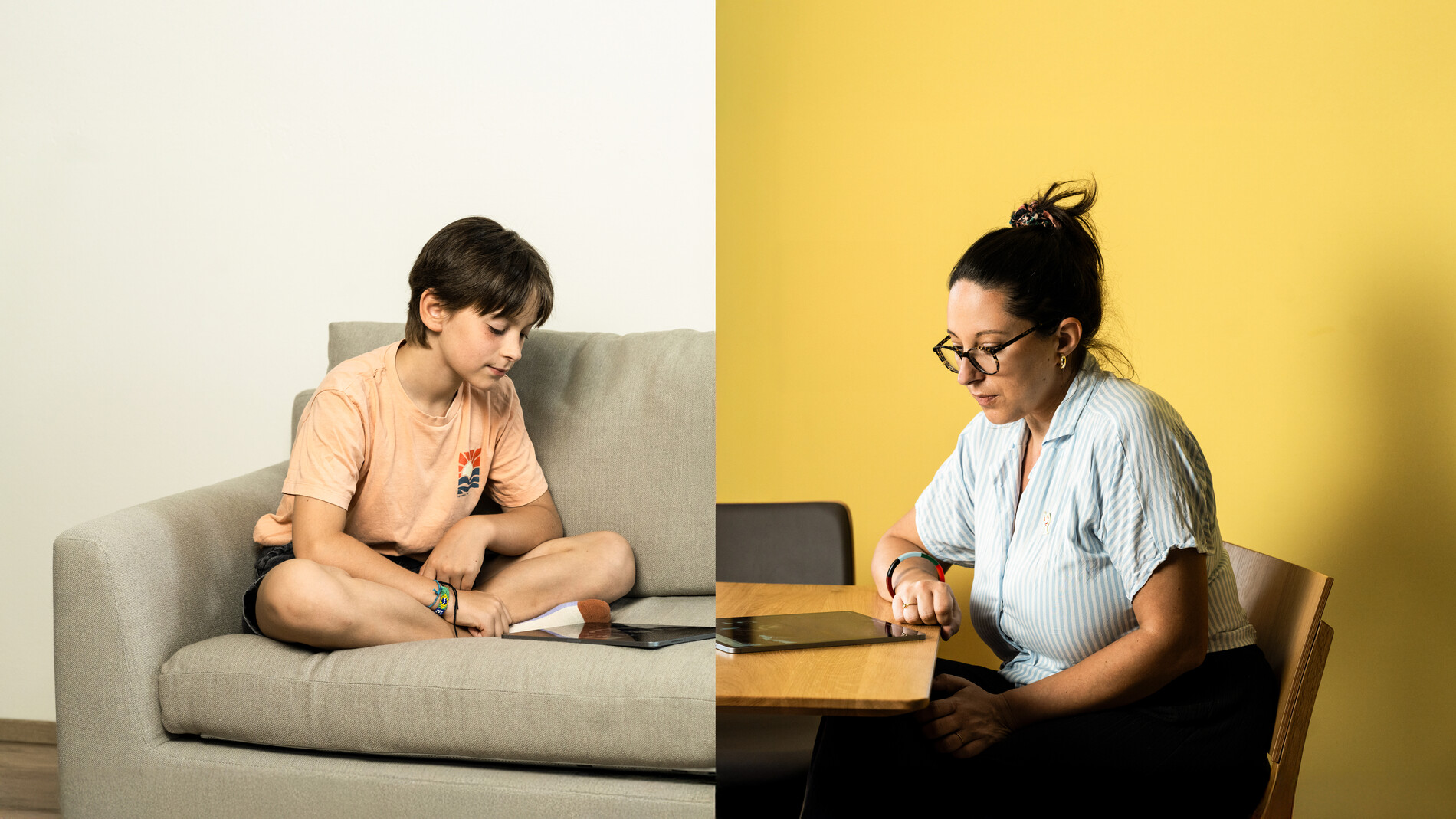
Being a parent
A design- and evidence-based practice project on the participation of parents of origin in the context of the foster care system
Translated with DeepL.
Parents who cannot care for their children themselves live in great ambivalence. Shame, guilt, anger, sadness and fear are common feelings. Together with the parents of origin, the project is developing a participation tool that supports them in contributing to the successful upbringing of their children- despite physical distance.
Internally, there is very little research on the parents of children placed abroad. And this research largely examines this group of people from the perspective of the foster parents and the professionals involved and with a problematising approach. Only a few studies shed light on the life situations and subjective experiences of the parents of origin. Their confrontation with their role as mother and father is characterised by ambivalence and shame, guilt, inferiority, anger, sadness and fear are frequently expressed feelings.
The project explores this ambivalent parenthood and develops supportive approaches. The aim is to use a jointly developed participation tool to help parents contribute to the successful upbringing of their children and to define and fulfil their role as parents based on their resources. The tool is intended to contribute to this empowerment and be used in parental work in all parts of Switzerland. The starting point, goal and reference point for the participation of parents in the area of out-of-home care is the best interests of the child. It is linked to the child's wishes and parental resources. Successful participation is linked to parents' experiences of self-efficacy and opportunities to shape their own lives and is a central socio-pedagogical principle.
The main project output is the participation tool. At the beginning of the development process, must-have criteria for the tool are defined, such as digital and analogue usability, free access, multilingualism, etc.
The project comprises the following modules:
Module 1: Evidence-based and framing
- Literature research
- Exemplary insight into practical concepts of Swiss DAF
- Definition of the theoretical and normative framework and the methodological approach
Module 2: Ethnographic part and interviews
- Participation in DAF events for parents of origin
- Interviewing parents at home or at another location
- The focus is on verbal exchanges, everyday parental activities and artefacts that parents make for their children or receive from them
- Interview of professionals who work with parents of foster children
Module 3: Co-creation participation tool
- Development of a participation tool as part of a co-design process with six parents of origin of as wide a variety as possible
- Dealing with the central topics of the parental role in workshops
- Parental identity formation and parental behaviour in the context of limited parenting responsibility
- Organising parental presence despite physical distance
- Cultural and biographical transmission between parents and children placed with others
- Promoting bonding and relationship continuity under difficult conditions
- Forms of communitisation of parents of origin
- The participatory methods used in the design research approach are persona development, scenario analysis, iterative prototyping and user journey mapping
Module 4: Final work and diffusion
- As the project timeframe does not allow for comprehensive piloting, the tool undergoes a structured validation process (participating parents, DAF experts, care leavers)
Output category
Project
Area of activity
Systems and processes
Offering
AnalysisTesting
